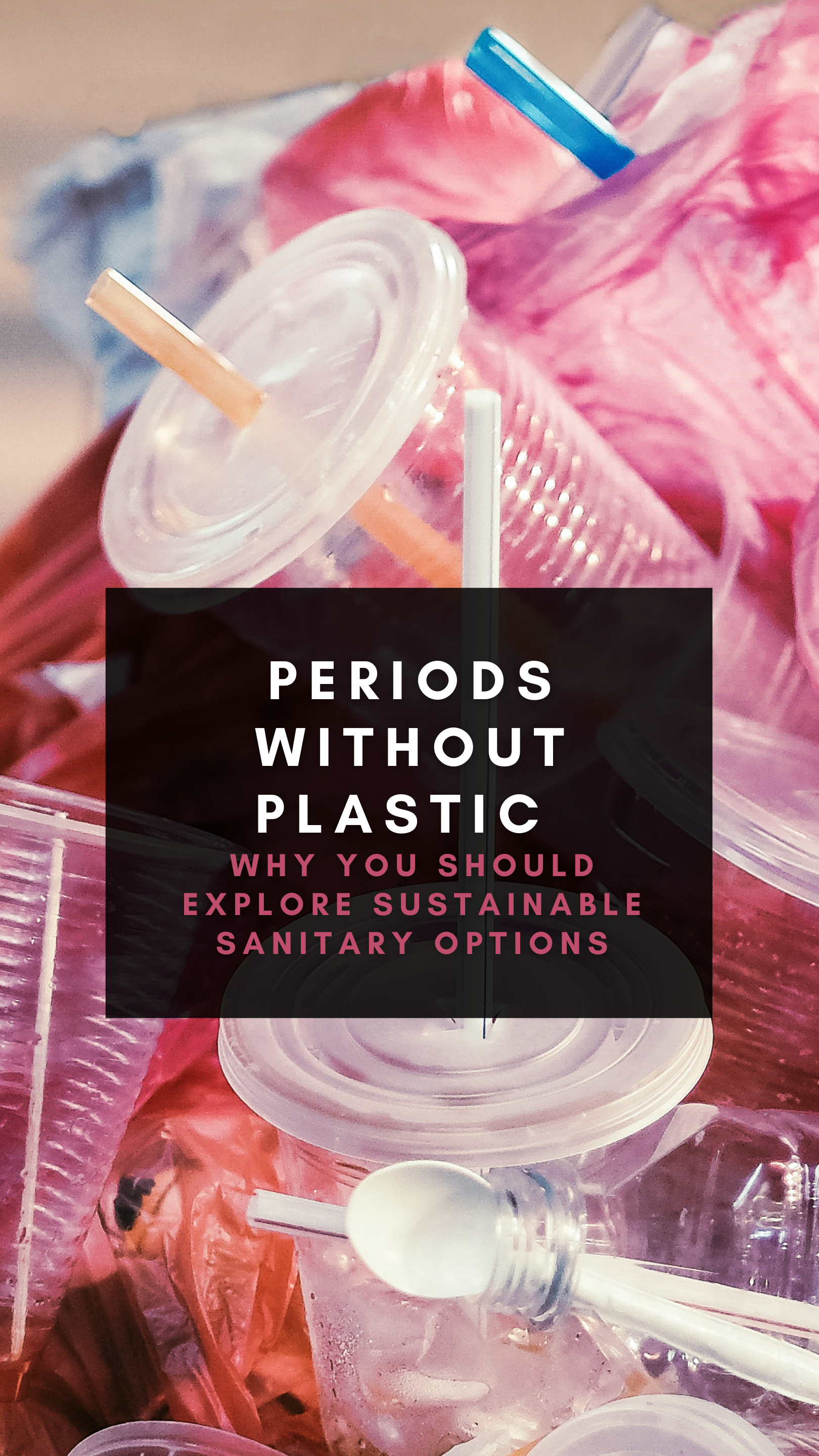Periods without Plastic
For billions of girls worldwide, we all know the feeling when “that time of the month” has arrived. We groan, get up, and most likely reach for either a tampon or a pad. Every day of our cycle, we discard sanitary products without a second thought. But there is a quiet consequence to the way so many of us handle our periods: plastic.
The average sanitary pad is 90% plastic. Without realizing it, hundreds of millions of menstruators around the world are contributing in huge amounts to the world’s plastic problem. According to Menstrual Health Alliance India, a single non-biodegradable sanitary pad could take 500 to 800 years to decompose. Menstrual products are now the 5th most common item on European sea shores, ahead of plastic bags and cutlery. Now, naturally, we can’t ask people to stop using sanitary products; periods aren’t going to stop anytime soon. But the process doesn’t have to be this wasteful.
Enter sustainable menstruation. As The Cova Project, we are committed to giving menstruators solutions that are good for both the body and the earth. For the past two years, we have been distributing menstrual cups to girls in Malawi, Uganda, Ghana, and Liberia. Over its lifespan of ten years, a menstrual cup is estimated to create 0.4% of the plastic waste generated by single-use pads and 6% of that produced by using tampons. Moreover, they are far more cost effective because of it--for $7, The Cova Project is able to provide a menstruator a solution for an entire decade.
Of course, we recognize that cups aren’t for everyone, and we acknowledge the fact that they are insertables. This is why we never aim for 100% usage on any project we do, and why we never force the girls we’re working with to use any product. Consent is critical. Even in the absence of cups, we can still promote sustainability through other methods, a critical example being reusable pads. Reusable pads are typically made entirely of cotton, a stark contrast to traditional pads which usually consist of rayon and other nonbiodegradable materials.
So, perhaps the next time you feel the tell-tale signs of PMS warning you an internal storm is coming, you’ll take a minute to see if menstrual cups, reusable pads, or any other sustainable alternatives can empower you through your period. A great solution for you now and a solution for a better future for everyone.
By Juhi Pandit

